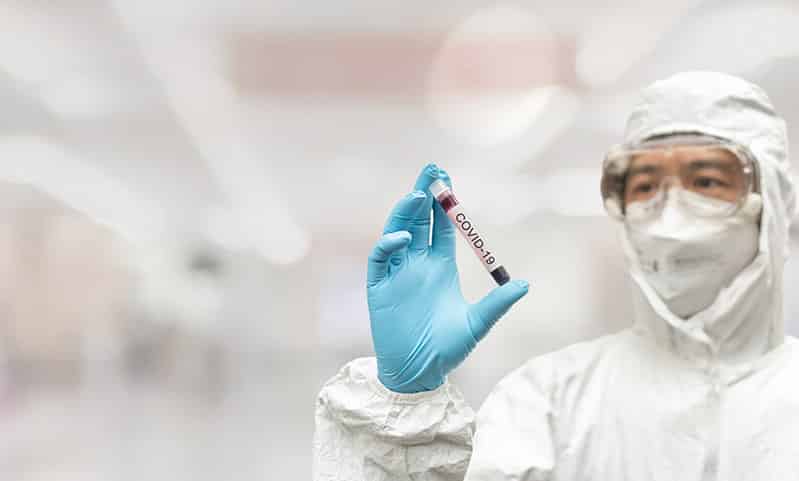Nebraska Republican Ben Sasse recently introduced the Facilitating Innovation to Fight Coronavirus Act.
The coronavirus stimulus package already gives limited immunity to some volunteer healthcare workers. Now, a GOP senator wants to take things a step further.
This provision would eliminate civil and criminal liability for health care providers who, while combating COVID-19, practice outside their areas, use medical devices for unapproved purposes, or service patients outside a hospital, clinic, or other acceptable area.
“In ERs and ICUs across America, doctors and nurses are writing the playbook as they fight this virus one day at a time.
These heroes need a common-sense liability shield so that they don’t have to worry about lawsuits while they’re scrambling to save lives,” the senator said in a statement.”
Immunity would not apply to grossly negligent acts.
The bill would also relax recordkeeping requirements, making it more difficult to obtain evidence of wrongdoing.
Levels of Malversation
Also, the Facilitating Innovation to Fight Coronavirus Act is short on specifics, so it’s unclear how courts would apply it.
Lawyers often throw around words like negligence and gross negligence without trying to explain what they mean.
The difference between these two things is a little like the difference between a misdemeanor and a felony.
However, we should probably start at the beginning.
Things are accidental if the actor was careless or thoughtless. For example, Sam might accidentally leave the oven on.
The law sharply limits financial responsibility if the victim’s injury was truly accidental. In fact, compensation might not be available at all.
Negligence is the next step up. If Sam left the oven on every day for a week, he was probably negligent.
Since negligence indicates a lack of care or concern, people are financially responsible for negligent injuries.
This liability usually includes compensation for economic losses, such as medical bills, and noneconomic losses, such as pain and suffering.
Finally, we get to gross negligence, which is just short of criminal responsibility. If Sam turned on a gas oven, opened the oven door, and left the house, he was probably grossly negligent.
He clearly had little if any regard for the health and safety of others.
So, financial compensation is higher in gross negligence claims.
This higher compensation usually includes punitive damages. Unless a New York personal injury attorney hits the Sams of the world where it hurts, they will keep placing other people at risk.
That’s simply not acceptable.
Medical Duty of Care
The level of responsibility affects this discussion as well.
Doctors, lawyers, and most other professionals have a fiduciary duty toward their patients and clients.
These professionals have total control over medical, legal, or other issues.
And, as the late, great Stan Lee once said, with great power comes great responsibility.
How does the higher duty of care affect the levels of responsibility mentioned above? Basically, you must throw out the first level and move the higher two levels down a notch.
Since the duty of care is so high, there is usually no such thing as an “accident.”
Lawyers do not accidentally miss filing deadlines and dentists do not accidentally pull the wrong teeth. Instead, these things are negligence, at best.
In fact, they might even be gross negligence, largely depending on the other facts and circumstances.
Medical misdiagnosis is a good illustration of how the medical duty of care works. Doctors have a responsibility to make evidence-based diagnoses. They cannot rely on their instincts or training.
Resolving Your Claim for Damages
Medical malpractice claims are quite complex, and not just because of the aforementioned legal issues.
Generally, medical insurance companies bitterly contest these claims in court. So, if you were injured as a result of medical malpractice, you are in for a fight.
So, litigation alternatives, like arbitration, often resolve these claims. Arbitration is a lot like a trial, except the arbiter is usually not a judge and the proceedings are private.
Furthermore, in most cases, the arbiter’s decision is final.
So, both sides get to present their side of the story, and the arbiter makes a final decision based on the evidence.
Other litigation alternatives include mini-trials and mediation.
Mini-trials consist only of opening statements, and mediation is basically a court-supervised settlement negotiation session.
COVID-19 or not, medical malpractice claims are quite complex.
For a free consultation with an experienced New York personal injury attorney, contact Napoli Shkolnik PLLC. After-hours and remote visits are available.
